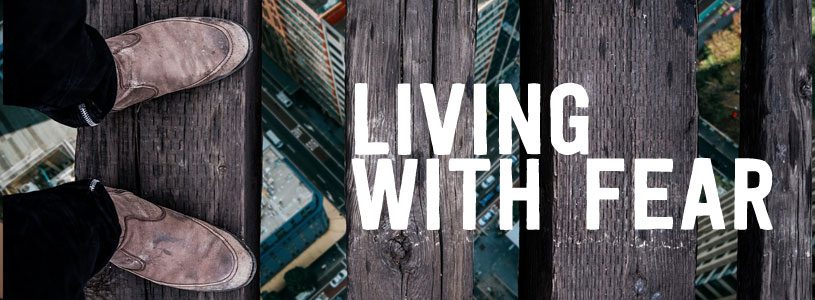The Incredible Thinkers are proud Northerners, and the atrocities in Manchester on the 23 May 2017 hit us hard.
We were a country still reeling when terror hit our nation again, on London Bridge on the 3 June 2017. This was the third terror attack in as many months.
People are angry, upset and afraid, but the outpouring of love and support is amazing.
Feeling temporarily upset is normal; but feeling perpetually paralysed is not. You may naturally feel a twinge of concern about you and your loved ones’ safety, but how do you stop this feeling from overwhelming you?
While feeling upset after a terrorist attack is normal – and taking reasonable steps to stay out of harm’s way is smart – living in fear is neither healthy for you, nor helpful for anti-terrorism efforts, psychologists and threat assessment, experts say.
“Terrorism, by its nature, is a very ineffective military tactic, but it’s more geared toward instilling fear” says Mario Scalora, a psychology professor at the University of Nebraska–Lincoln who studies targeted violence and threat assessment. Buying into that fear, he says, “leaves terrorists victorious.”
5 suggestions to help calm your fear
The best defence against terrorists is to show that we can live our lives and we’re moving forward. . .
- Recognise your emotions. Distress is not a bad thing – it shows you’re a moral, caring human being. It’s only when it really gets in the way of achieving your goals that we need to talk about some of these coping mechanisms.
- Put it in perspective. None of us truly believe we are going to win the lottery but fact is we have more chance than being killed by a terror attack. And on another cheery note, heart disease, accidents and diabetes – not terrorism – are among the leading causes of death in the UK.
- Take a media break. How much information makes you feel empowered and how much just scares you? Find a balance and don’t feed your fear.
- Turn to your default (healthy) coping mechanism. If you’re not sure how to manage your worries, consider how you’ve successfully coped in the past. Exercising, spending time outdoors and maintaining your regular work routine are all healthy outlets that can help you feel more in control. But be careful not to self-medicate in destructive ways, like smoking, eating unhealthy food or drinking too much.
- Take control. “If you see something, say something” is a national security phrase worth heeding. This empowers people to recognise they have a role in their own safety. We are not helpless.
It’s time for us all to face our fear and be the change the world needs.
“Inaction breeds doubt and fear. Action breeds confidence and courage. If you want to conquer fear, do not sit home and think about it. Go out and get busy.” – Dale Carnegie

